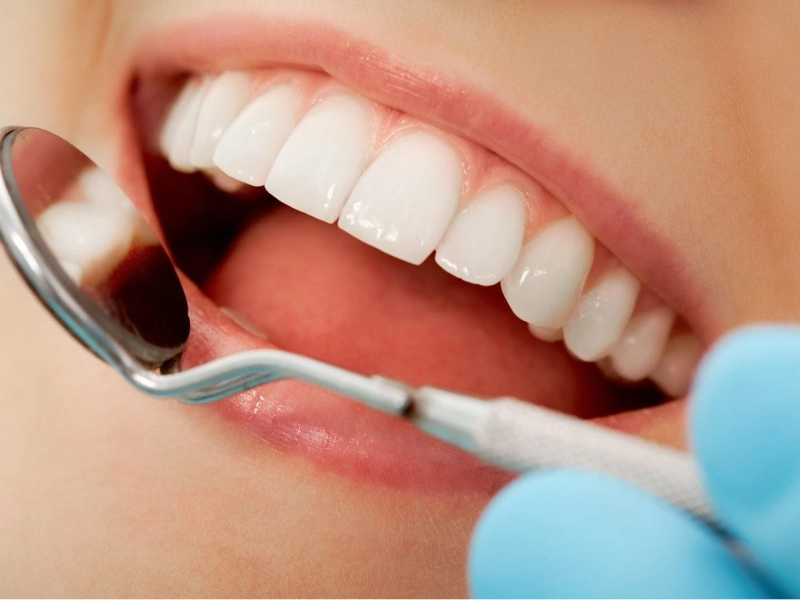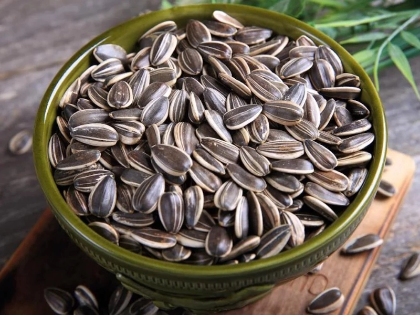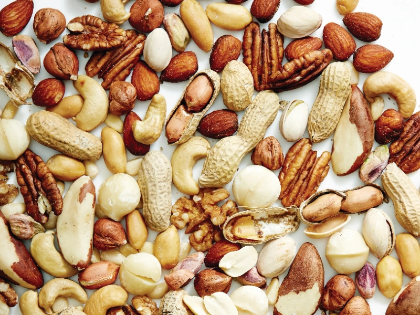The Role of Vitamin K in Promoting Dental Health
1. Understanding Vitamin K
 Advertisement
Advertisement
Particularly in blood coagulation and bone health, vitamin K is a fat-soluble vitamin that is absolutely vital for many different body systems. Its relevance goes beyond this, too; new studies have shown how much vitamin K helps to maintain dental health. Found in leafy greens, K1 (phylloquinone) and K2 (menaquinone), this vitamin appears in two main forms: K1 and K2 respectively from animal products and fermentable foods. Knowing how vitamin K supports oral health will enable people to choose their diets carefully to maintain their dental condition.
2. The Connection Between Vitamin K and Oral Health
The creation of proteins engaged in tooth health and bone metabolism depends on vitamin K. Osteocalcin is one of the important proteins affected by vitamin K; it is required for appropriate mineralisation of teeth and bones. Strong teeth and bones depend on osteocalcin binding efficiently to calcium, so appropriate levels of vitamin K guarantee this process. This link emphasises the use of vitamin K in preventing dental problems and advancing general oral health.
3. Vitamin K and Gum Health

A major component of oral health is gum condition, hence vitamin K is quite important for preserving good gums. Studies show that vitamin K has anti-inflammatory effects, which could help lower gum inflammation and the periodontal disease risk. Commonly affecting the gums, periodontal disease is a disorder that, if addressed incorrectly may cause tooth loss. Supporting gum health helps vitamin K support a better mouth by helping to avoid the beginning of such disorders.
4. The Role of Vitamin K in Calcium Regulation
Strong teeth depend on calcium, but its efficacy depends on correct body control. Vitamin K makes sure calcium deposits in the teeth and bones instead of soft tissues, where it can be harmful. Maintaining ideal dental health and preventing diseases including hardening of the arteries depend on this control. Vitamin K promotes the structural integrity of teeth and bones by helping calcium to be properly utilised.
5. Dietary Sources of Vitamin K

Including enough amounts of vitamin K in your diet will help you to enjoy its advantages for oral health. Excellent providers of vitamin K1 include leafy green vegetables including kale, spinach and Swiss chard. Foods fermented like natto, sauerkraut, some cheeses supply vitamin K2. Including a range of these items in your meals will allow you to satisfy your vitamin K requirements, therefore promoting tooth and general health.
6. The Synergistic Effect of Vitamin D
To support tooth health, vitamin K acts in concert with vitamin D. Although absorption of calcium depends on vitamin D, vitamin K guarantees appropriate usage of calcium inside the body. These vitamins taken together support good teeth and bones, therefore lowering the chance of dental problems. While concentrating on dental health, one should take both vitamins in balance to maximise their individual advantages.
7. The Impact of Vitamin K Deficiency

Many health concerns, including dental health difficulties, can result from a vitamin K deficit. Low vitamin K levels could cause teeth and bones to weaken, therefore raising the likelihood of dental decay and fractures. Moreover, a deficiency of vitamin K might aggravate gum disease since the vitamin's anti-inflammatory action is weakened. Maintaining best tooth health and avoiding these possible problems depend on enough vitamin K intake.
8. Supplements and Recommendations
Supplements can be a good choice for those who might find it difficult to receive enough vitamin K from diet only. Before beginning any new supplement program, though, you should see a healthcare provider. Age and gender affect the recommended daily allowance (RDA) for vitamin K; still, generally the best way to naturally satisfy your needs is to include a range of foods high in vitamin K into your diet.
9. Summary of Vitamin K's Role in Dental Health
Through its impact on bone metabolism, gum health, and calcium control, vitamin K essentially helps to maintain oral health. Vitamin K supports the synthesis of key proteins and lowers inflammation, therefore preserving good teeth and gums. Your dental condition will be much improved by include foods high in vitamin K as well as by making sure you get enough vitamin D. Knowing the value of this sometimes disregarded vitamin helps people to choose foods that promote their tooth health.









